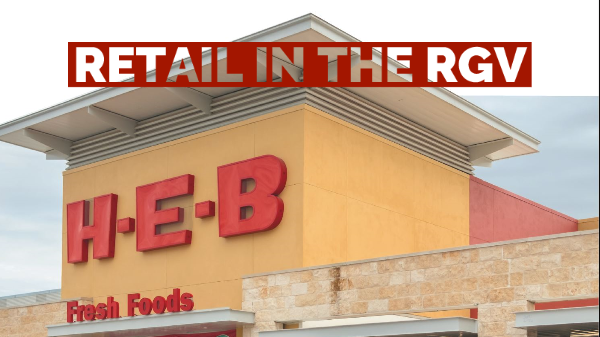While H-E-B and Walmart continue to prove they can fulfill most Rio Grande Valley customers’ shopping lists, other outlets are also trying to serve these needs. Small neighborhood grocery stores are providing food as well as more personal service to customers.
Randy Berry, president of JB Produce, Inc., BB #:117870 a full-line distributor in Corpus Christi, says, “We sell to some independent neighborhood stores and meat markets with a small grocery section. They may buy $100 to $200 per week—boxes of cilantro, tomatoes, avocados, lettuce. One such customer makes sausage and other special orders. They’ll sell potatoes to go with steaks and stuffed jalapenos to grill. This creates more interest and gives people an extra reason to stop by.”
“Here in farming country,” Barbara Gray, sales manager for G.W.R. Produce, Inc., BB #:125993 says, “people have two shopping lists: everyday items that they’ll purchase at a store like H-E-B and a bulk list they’ll purchase at a big box store like Sam’s Club or Costco.”
Big chains are positioned to purchase directly from growers, but the smaller retailers represent a steady stream of business for many produce jobbers, receivers, and distributors.
As Richard Cavazos, president of R.C. Food Service & Produce, Inc., BB #:204412 a foodservice distributor, says, “Currently, the local large chain stores control the market and they buy direct; therefore, the more types of outlets that handle produce, the better it is for us. Our biggest customers are the schools where fresh produce has become more important. I recently had a meeting with the Laredo school district and they’re putting salad bars in all the schools. That’s rare for Texas and a great opportunity for us.”
“Though most of our customers are foodservice operators, we also sell to retailers—everything from mom-and-pop grocers to chains such as Brookshires,” says Gray. “We have an Austin customer who sells to restaurants and the fruit bouquet retailer, Edible Arrangements.”
Convenience stores have their place in the South Texas border area, providing beverages and snacks to people on the go, though few rely on them as a primary shopping destination by choice. Stripes, however, has raised the bar in terms of hot food offerings, serving breakfast, lunch, and dinner prepared in onsite kitchens.
Blending flavors from, “Both sides of the border,” Stripes’ Laredo Taco Company brand boasts a menu of street tacos, burritos, and breakfast items made with freshly cracked eggs and hand-rolled flour tortillas made on the premises. Customers in more populous regions can even have Laredo Taco Company food delivered by Postmates.
“Stripes does a good job in the smaller towns,” says Gary Huddleston, grocery industry consultant for the Texas Retailers Association. “They’re able to operate in locations that may not be able to support a large supermarket. Stripes has been effective competing with local food retailers, though they have limited fresh produce offerings.”
This is multi-part feature adapted from the Rio Grande Valley Supplement in the January/February 2020 issue of Produce Blueprints.



